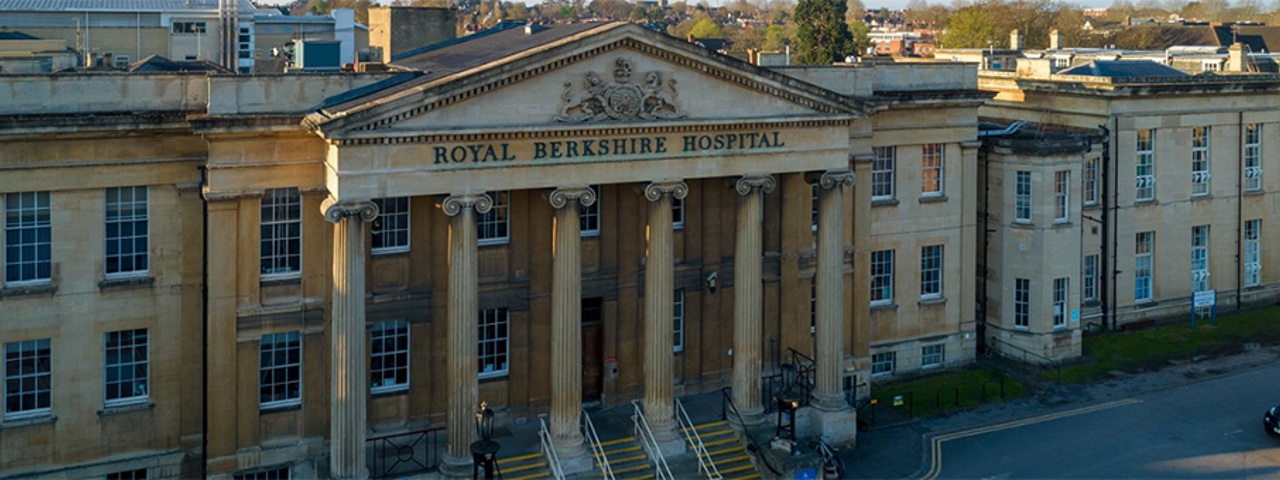If you have received a request to provide your identification documents, you should provide these as soon as possible.
To help us to check if you are entitled to free healthcare, you will need to provide four separate documents – one to prove your identity and three to prove your address. See below for which documents you can bring:
Proof of Identity
- Current signed passport.
- Residence permit issued by the Home Office.
- EU or Swiss national identity photo-card.
- Valid UK photo-card driving license.
- Valid armed or police forces photographic identity card
- Citizen card
It’s best to bring proof of your right to reside in the UK. This will help us to determine your eligibility more quickly and avoid delays to your treatment. For example, this could be a:
- UK or Irish passport.
- Proof of settled/pre-settled status.
- Visa or residence permit issued by the Home Office.
- Biometric residence card or permit.
- Asylum registration card.
- Share code to digital Visa.
Proof of Address
- Recent original utility bill (gas, electric, water, telephone - mobile not acceptable).
- Council tax bill (current year).
- Bank, building society or credit union statement or passbook.
- Recent original mortgage statement from a recognised lender.
- Current council or housing association rent book or tenancy agreement.
- Notification letter from Department for Work and Pensions or HM Revenue and Customs confirming your right to benefit payments or state pension.
Please note this list is non-exhaustive and other documents may be considered. All details need to be in the patient's name.

